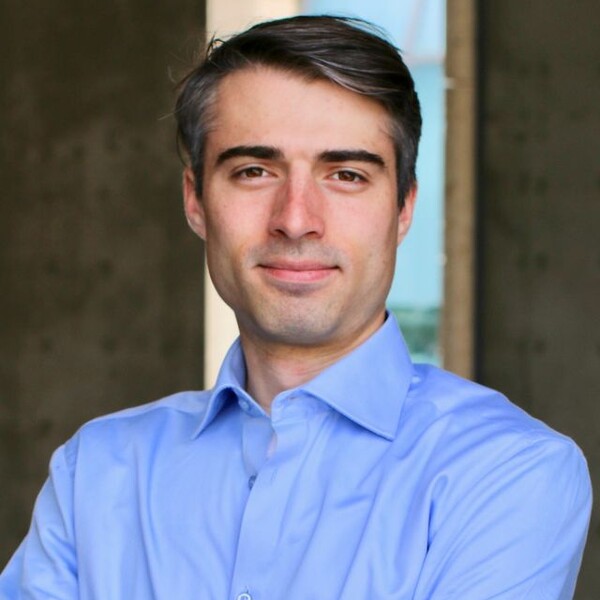Main Second Level Navigation
Landon J. Edgar
Ph.D.

Qualification
- Ph.D., Chemistry, University of Toronto
- Honours B.Sc., Chemistry & Pharmacology, University of Toronto
The Edgar Lab harnesses methods from immunology, chemistry, and biochemistry to study and manipulate the immune system, with a specific focus on the roles of carbohydrates in health and disease. The Edgar Lab's broad research vision is to program synthetic immune responses by engineering the surfaces of immune cells. Technologies produced by the lab will provide the foundation for next-generation therapeutics that will benefit patients suffering from a variety of diseases, including rheumatoid arthritis, cancer, multiple sclerosis, and diabetes.
Major research pillars in the lab include:
A) Glycocalyx engineering for synthetic immunology
The lab uses glycosyltransferases, glycosidases, synthetic monosaccharides, and small molecular inhibitors of glycosylation to alter the composition of glycans presented on the surface of immune cells.
B) Mapping glycan-lectin networks via high-dimensionality single cell analysis
Glycans are reservoirs of information that can be decoded at cell-cell interfaces. The lab applies state-of-the-art ’spectral’ flow cytometry technology to develop a better understanding of how glycans enable communication between immune cells.
C) Targeted nanoparticle scaffolds for spatial control over effector cell recruitment
Cell-based therapies are transforming how many diseases are treated; however, a major limitation of these treatments is recruiting the therapeutic cells to sites of diseases. To address this, we develop immune cell attracting nanoparticles that direct these cells to where they are needed most in vivo.
Select Publications
- Edgar, L. J. (2021) Engineering the Sialome. ACS Chem. Biol. 16, 1829–1840. (Independent work, published Sept. 30th 2021) Highlighted: Huang, M. L., Kiessling, L. L. (2021) Special issue on chemical glycobiology. ACS Chem. Biol. 16, 1793–1794.
- Edgar, L. J., Thompson, A. J., Vartabedian, V. F., Kikuchi, C., McBride, R., Woehl, J. L., Teijaro, J. R., Paulson, J. C. (2021) Sialic acid ligands of CD28 block co-stimulation of T cells. Submitted. Uploaded to BioRxiv, DOI: 2021.02.22.432333.
- Edgar, L. J., Kawasaki, N., Nycholat, C. M., Paulson, J. C. (2019) Targeted Delivery of Antigen to Activated CD169+ Macrophages Induces Bias for Expansion of CD8+ T cells. Cell Chemical Biology. 26, 131–136.
- Edgar, L. J., Vellanki, R. N., McKee, T. D., Hedley, D., Wouters, B. G., Nitz, M. (2016) Isotopologous Organotellurium Probes Reveal Dynamic Hypoxia In Vivo with Cellular Resolution. Angewandte Chemie International Edition. 55, 13159–13163.
- Park, H., Edgar, L. J., Lumba, M. A., Willis L. W., Nitz, M. (2015) Organotellurium Scaffolds for Mass Cytometry Reagent Development. Organic and Biomolecular Chemistry. 13, 7027–7033.
- Edgar, L. J., Vellanki, R. N., Halupa, A., Hedley, D., Wouters, B. G., Nitz, M. (2014) Identification of Hypoxic Cells Using an Organotellurium Tag Compatible with Mass Cytometry. Angewandte Chemie International Edition. 53, 11473–11477.
- Edgar, L. J. G., Dasgupta, S., and Nitz, M. (2012) Protecting-Group-Free Synthesis of Glycosyl 1- Phosphates. Organic Letters. 14 (16), 4226–4229.
